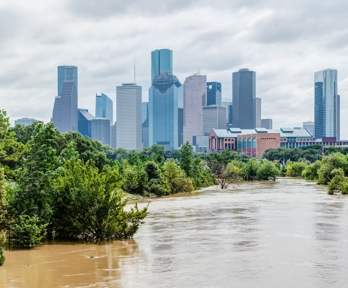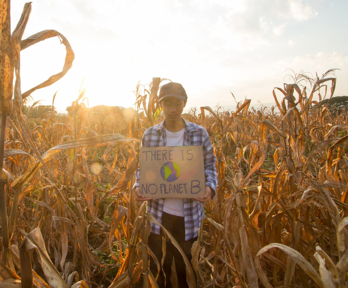Fossil fuels like coal and oil contain a high percentage of carbon and burning them releases carbon dioxide. Carbon Dioxide is a greenhouse gas that traps heat in the atmosphere resulting in global temperature rises. Rises in temperature increase the likelihood of extreme weather events such as storms, droughts, heat waves and floods. Changes in temperature can also have impacts on agriculture and food prices, infrastructure, human health and human and animal migration patterns.
The UK Government’s overriding priorities with regards to energy policy are to deliver secure, reliable, clean, affordable energy. This presents policy-makers in Government with a ‘trilemma’: how can the UK decarbonise its energy system to meet the legally binding targets under the Climate Change Act and international commitments, whilst ensuring both security of supply and that energy is affordable for consumers? Panellists at the Policy Forum event held in November 2016, considered the dimensions of this ‘trilemma’, how this can be delivered upon in the context of the UK’s vote to leave the EU (‘Brexit’) and the importance of scale when designing energy policy.
Roger Harrabin, BBC Environment and Energy analyst
Professor Frans Berkhout, Executive Dean, Faculty of Social Science & Public Policy and Professor of Environment, Society and Climate, King’s College London
Chris Goodall, businessman and author
Sarah McAdam, Delivery Director, Transition Network




